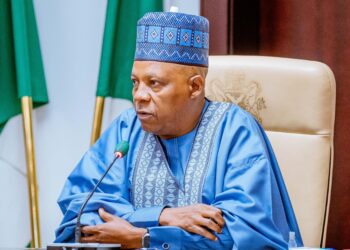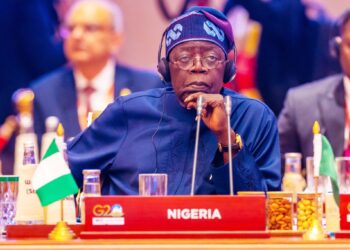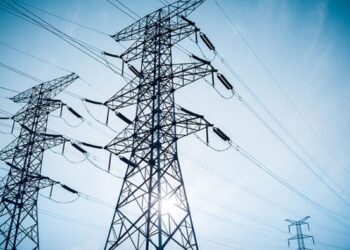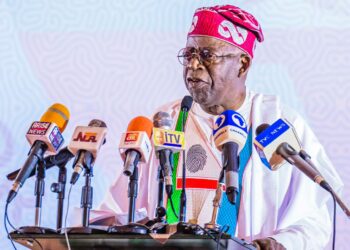President Bola Tinubu has said that his government is monitoring the effects of exchange rates and inflation on the prices of Premium Motor Spirit (PMS) otherwise known as petrol and will intervene when necessary.
This follows the economic challenges faced by Nigerians since the removal of fuel subsidy and unification of exchange rates by the 2-month-old Tinubu administration which has seen the prices of goods and services skyrocket.
The President gave the assurance during a nationwide address on Monday evening where he spoke about the economy and the impact of fuel subsidy removal as well as exchange rate unification.
What the President is saying
President Tinubu in his speech said,
- “We are also monitoring the effects of exchange rates and inflation on gasoline prices. If and when necessary, we will intervene.
- ”I assure you, my fellow countrymen and women, that we are exiting the darkness to enter a new and glorious dawn. Now, I must get back to work in order to make this vision come true.’’
He disclosed that petrol subsidy has cost Nigeria trillions of naira yearly which could have been better spent on public transportation, healthcare, schools, housing and even national security, adding that instead, it was being funneled into the deep pockets and lavish bank accounts of a select group of individuals.
The president also stated that the multiple exchange rate system which had been established became nothing but a highway of currency speculation, adding that money that should have been used to create jobs, build factories and businesses for millions of people, was diverted.
What you should know
- Recall that President Bola Tinubu during his inaugural speech on May 29, 2023, announced that fuel subsidy is gone as there was no provision for that in the 2023 budget from July 1.
- Following his pronouncement, petrol which was selling below N200 jumped to over N500 and has since increased to N570 in Lagos and over N617 in some other parts of the country.
- The President pledged his administration’s support to channel the money to provide basic infrastructural needs to Nigerians.
- The action of the president was been backed by some stakeholders and interest groups including state governors, legislators, oil marketers, and economic and financial experts, among several others.
- However, this did not go that well with organized labour due to the spike in the pump price of petrol, leading to a declaration of a planned strike action and protest by the NLC and TUC.
- The strike was however suspended on the backdrop of the judgment of the Industrial Court which restrained them from going ahead with the strike as well as the outcome of the meeting between the leadership of the organized labour and representatives of the Federal Government.
- The Federal Government and organized labour had in June set an 8-week deadline for fuel subsidy removal palliative.
- The President had also during his inaugural speech promised to put an end to multiple exchange rates by unifying the exchange rate.
- That promise was fulfilled when the Central Bank of Nigeria (CBN) on June 14 announced the unification of all segments of the forex exchange (FX) market.



















